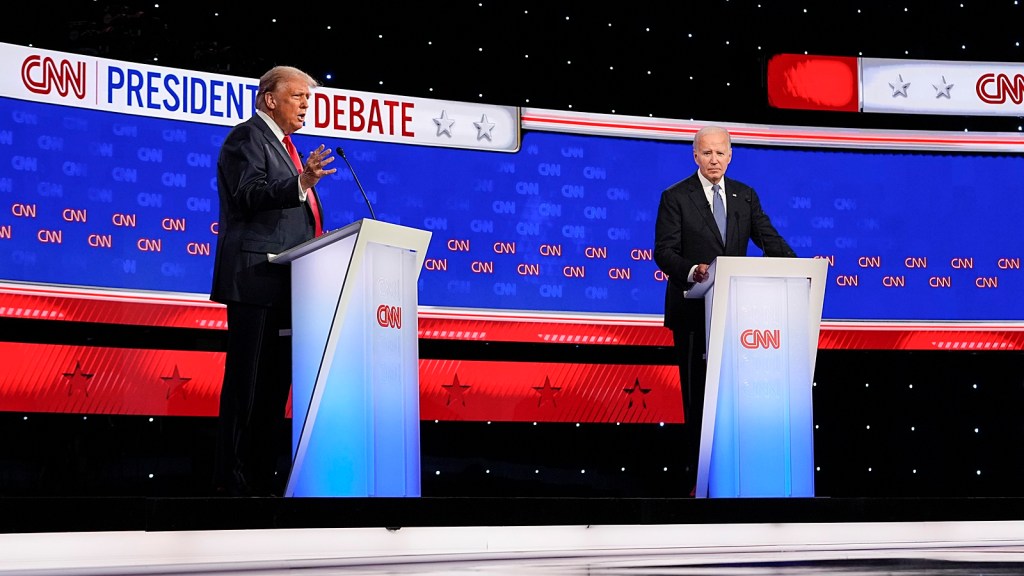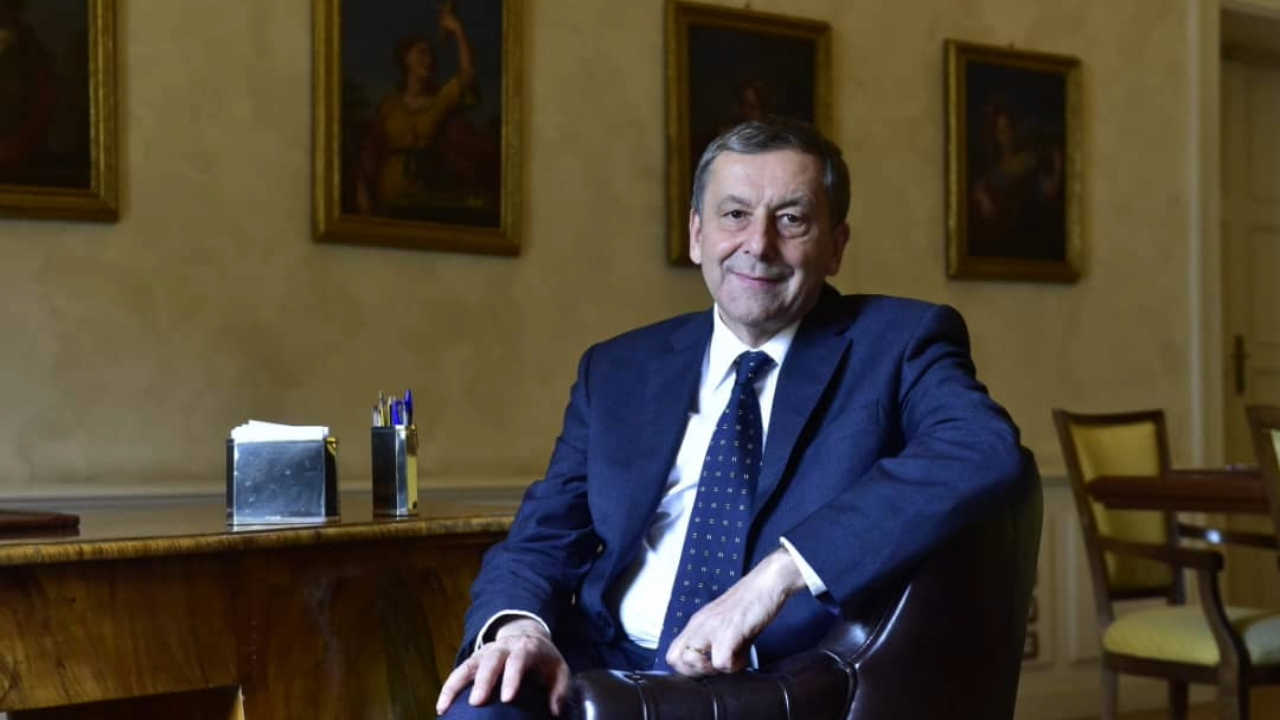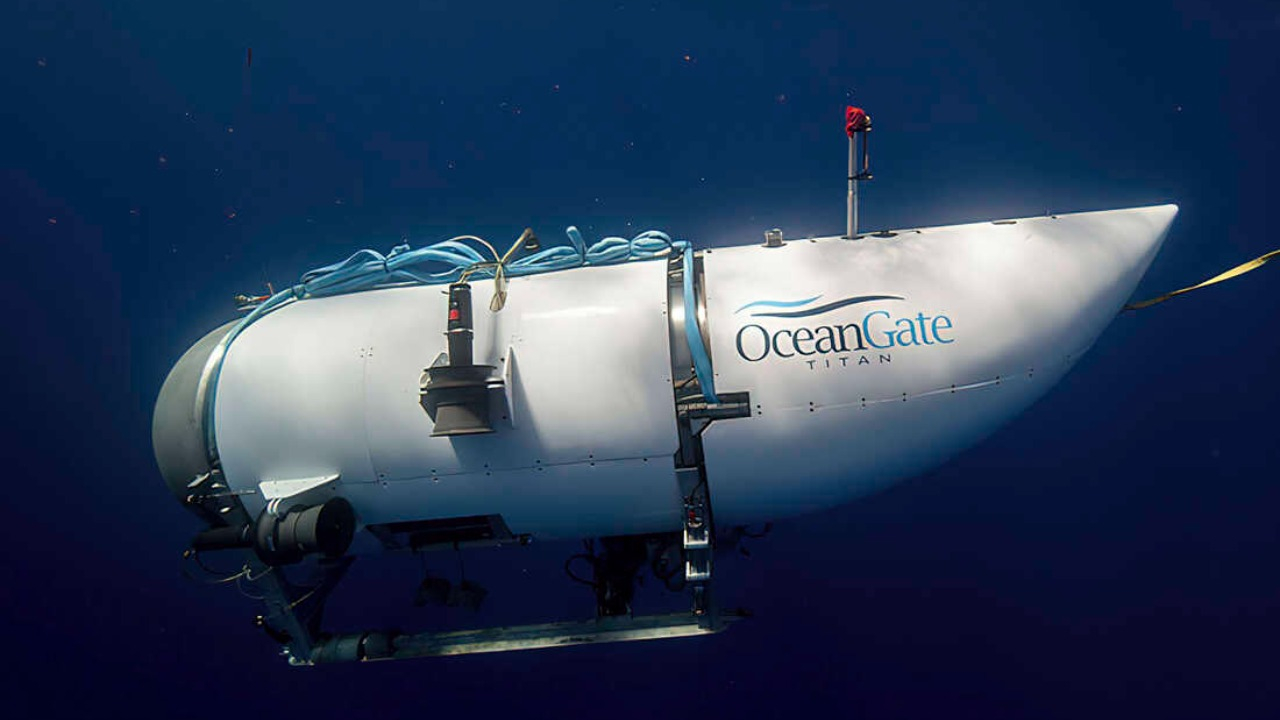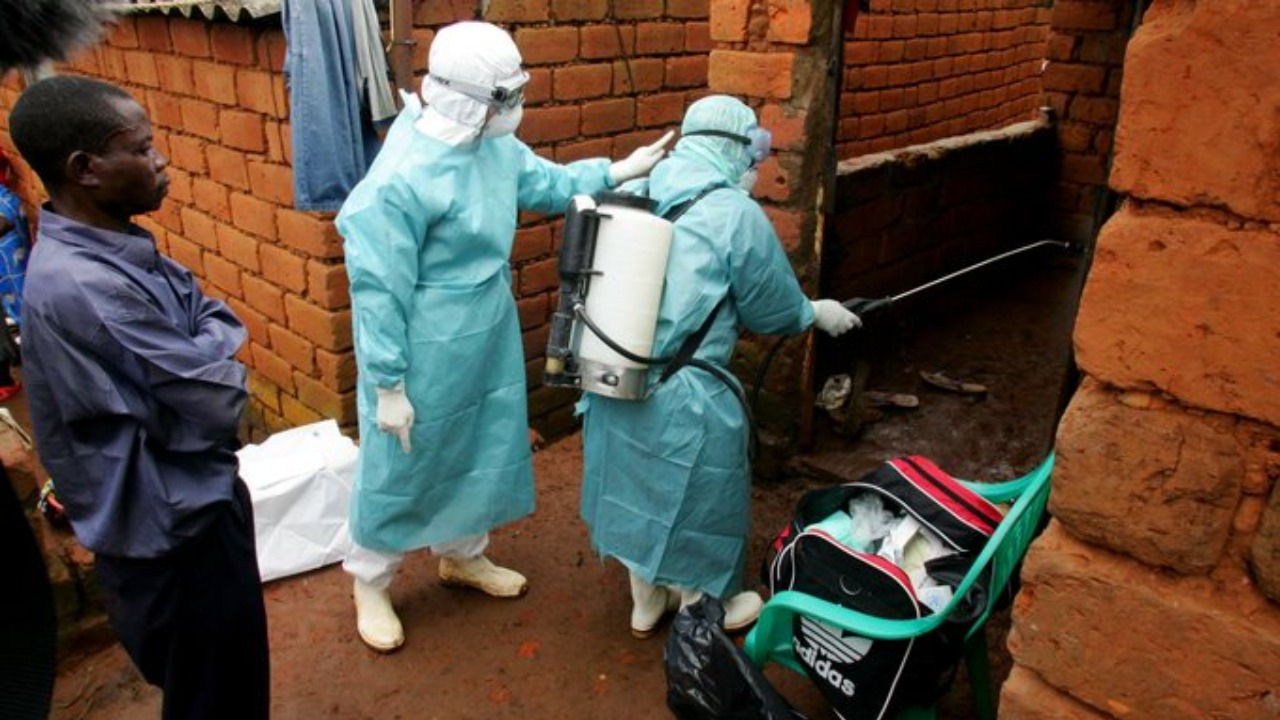Kosovo Postpones Local Election In Four Municipalities
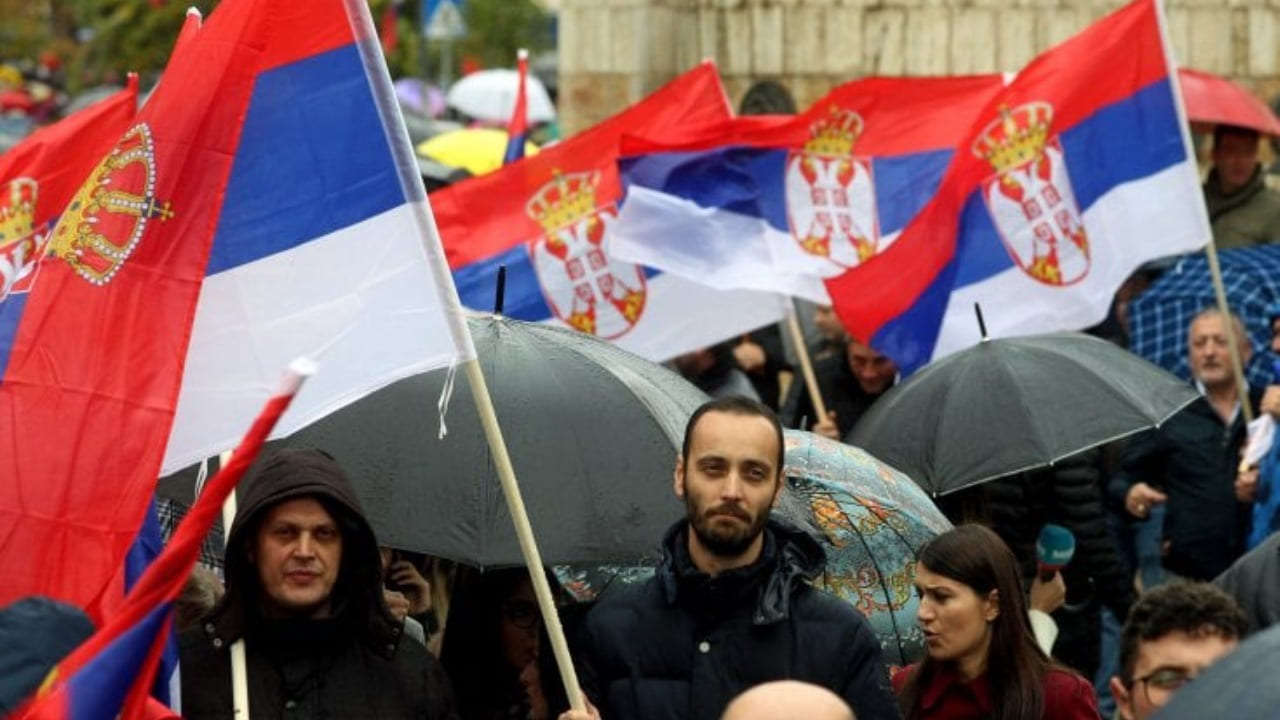
In an effort to ease recent tensions there that have also caused relations with neighbouring Serbia to worsen, Kosovo has postponed local elections scheduled for next week in four municipalities with a majority ethnic Serb population.
The referendum in the northern municipalities will be held on April 23 of next year, Kosovo President Vjosa Osmani declared after meeting with her country's political leaders on Saturday.
Aleksandar Vucic, the president of Serbia, announced the same day that he would formally ask NATO for permission to send Serbian soldiers into northern Kosovo, though he acknowledged that this was highly unlikely to be granted. An action that may raise tensions in the area.
Elections in Northern Mitrovica, Zubin Potok, Zvecan, and Leposavic were scheduled for December 18 after ethnic Serb representatives resigned from their positions in protest of Kosovo's government's decision to outlaw Serbia-issued license plates in November. Additionally leaving their positions in local government were Serbian legislators, prosecutors, and police.
Before the scheduled vote, there has been a lot of tension in the north. A Kosovo law enforcement officer was shot and wounded this week by unidentified assailants. Additionally, some polling places suffered damage, and gunfire was audible in the four municipalities.
Kosovo's interior minister, Xhelal Zvecla, claimed on Saturday that "extremist organizations" had blocked certain routes in the north following the arrest of a former Serb police officer who was accused of targeting polling places and election officials.
The rule of law mission, or EULEX, of the European Union has been present with its police officers in such areas as well as an increase in the presence of Kosovo police recently.
In 2008, Kosovo declared its independence from Serbia. But Belgrade has refused to acknowledge Kosovo's independence, with the support of Russia and China.
Although he added that he "had no illusions that this will be allowed," Vucic stated on Saturday that his government would formally request authorization from the head of the NATO-led peacekeeping force in Kosovo to deploy Serbian troops in the north.
The Serbian prime minister, Ana Brnabic, announced the appeal on Friday, claiming that the lives of minority Serbs in Kosovo were in danger.
A UN resolution that officially put an end to Belgrade's violent campaign against the majority Kosovo Albanian rebels in 1999, according to Serbian officials, permits for the return of about 1,000 Serb forces to Kosovo. NATO struck Serbia to put an end to the conflict and drive its forces from Kosovo.
Serb troops would need permission from NATO-led peacekeepers in Kosovo since the conflict, which is extremely unlikely given that doing so would essentially imply turning over security of Kosovo's northern districts, which are home to Serbs, to Serbian forces.
In order to qualify for membership in the club, the EU has asked Serbia and Kosovo to settle their disagreement and normalize their relations.
Approval of the deployment by NATO, according to Bodo Weber, senior associate at the Democratization Policy Council, would "mean the complete defeat and reversal of political development and progress over the last two decades, and particularly the last decade, on reconciling relationships between Kosovo and Serbia, and the steps that Serbia had made in the frame of the Kosovo-Serbia dialogue on recognizing the reality of an independent Kosovo."
